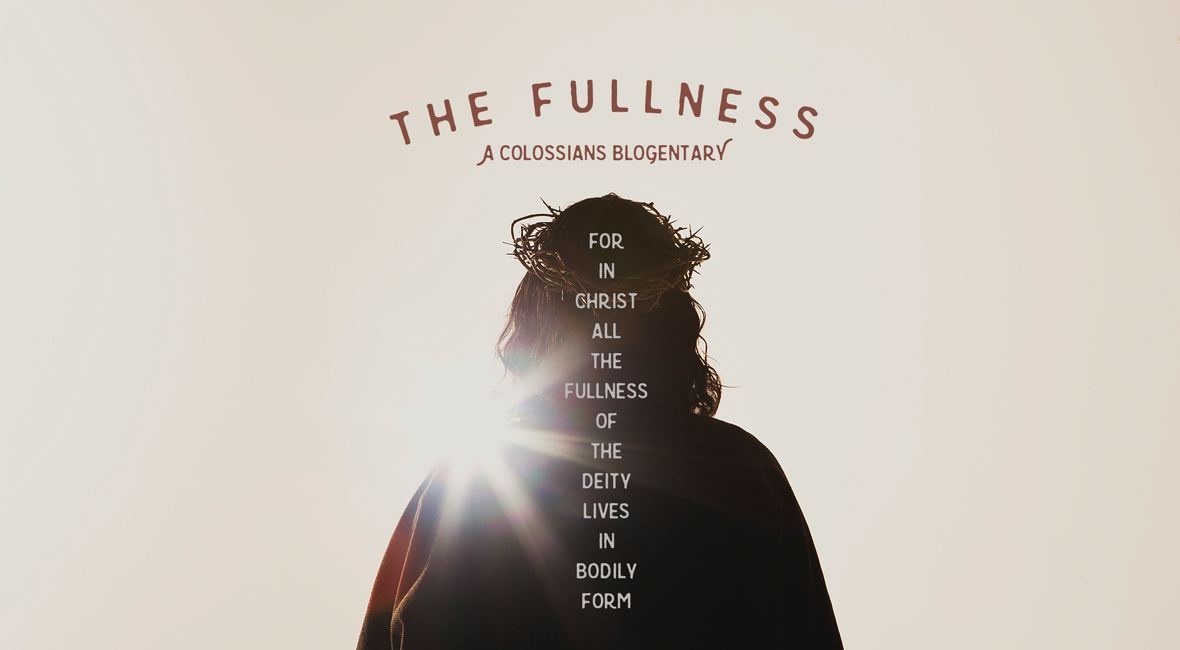Things Above – 3:1-4
1 Since, then, you have been raised with Christ, set your hearts on things above, where Christ is, seated at the right hand of God. 2 Set your minds on things above, not on earthly things. 3 For you died, and your life is now hidden with Christ in God. 4 When Christ, who is your life, appears, then you also will appear with him in glory.
Paul is making a transition in this short section. For the first two chapters he was laying the foundation of his theology – the centrality and supremacy of Christ. From here through the rest of the letter he will be working out the practical implications of that doctrine. The revelation of the mystery of God – which is Christ himself – effects sweeping change in the lives of those who believe. One cannot simply hear the good news of the death and resurrection of Jesus and go on as if nothing has happened. The whole world has been turned upside-down! The appropriate response to the Gospel is repentance – to turn around and follow the way of Jesus.
The resurrection is both the beginning and the direction of the way of Jesus. For Paul, the resurrection is an event in which all true believers participate. While Christ has been raised from physical death, Christians are raised from spiritual death when they confess and are baptized. Baptism is the physical symbol of the spiritual reality that the Christian has been brought from death to life.
The resurrection is both the beginning and the direction of the way of Jesus.

